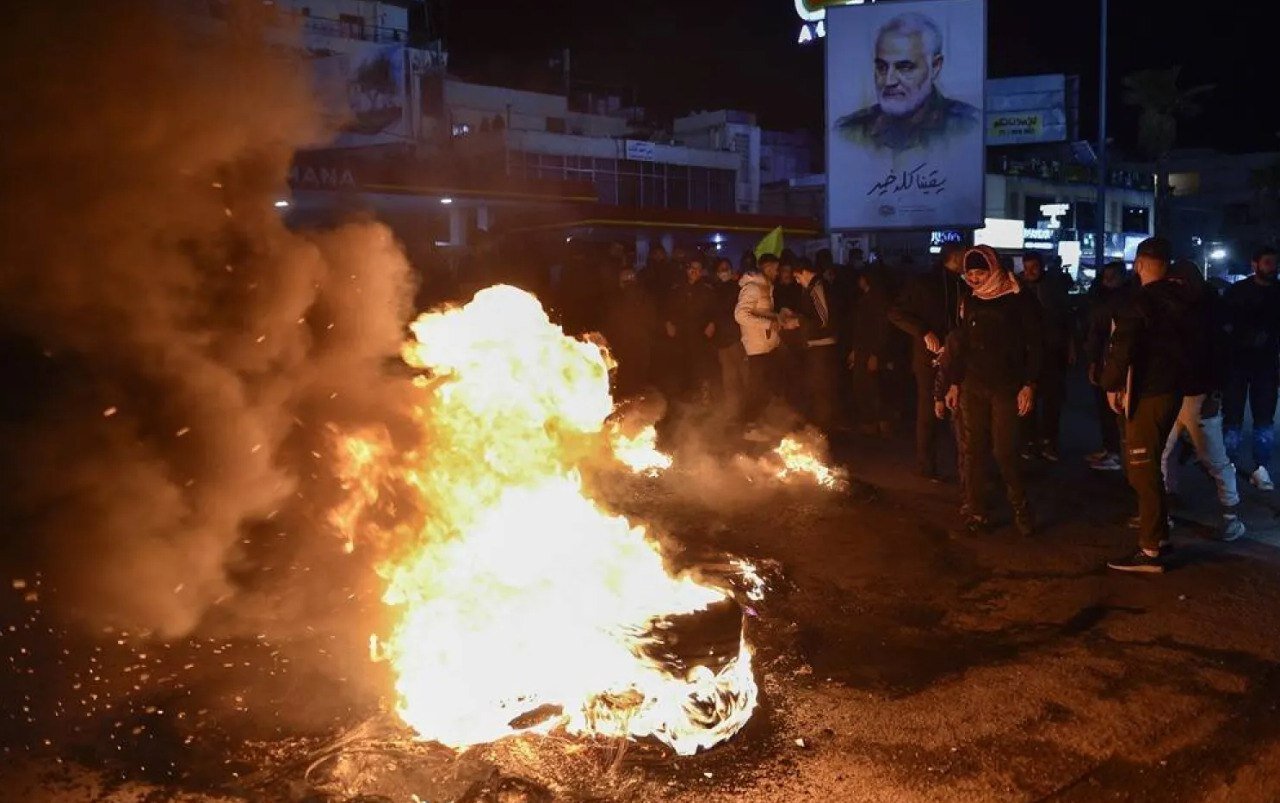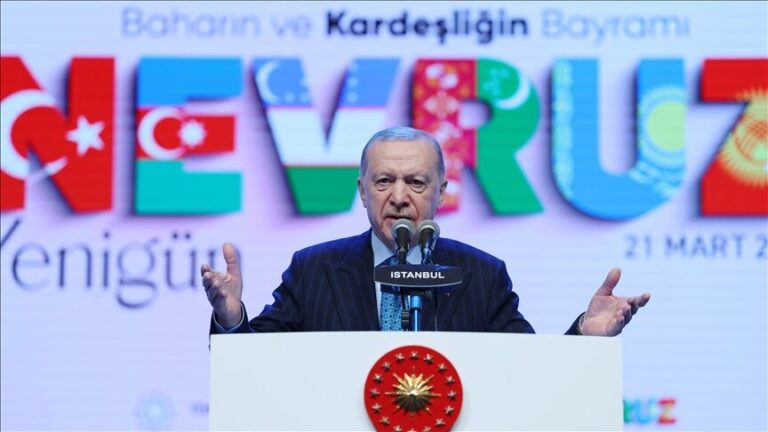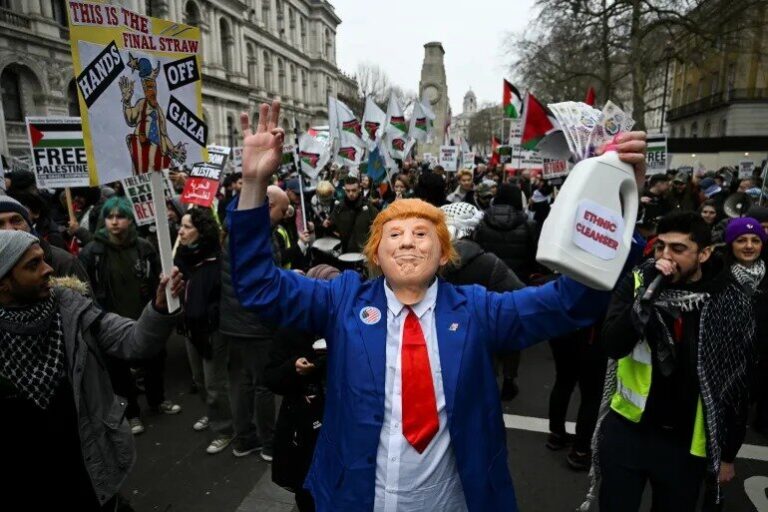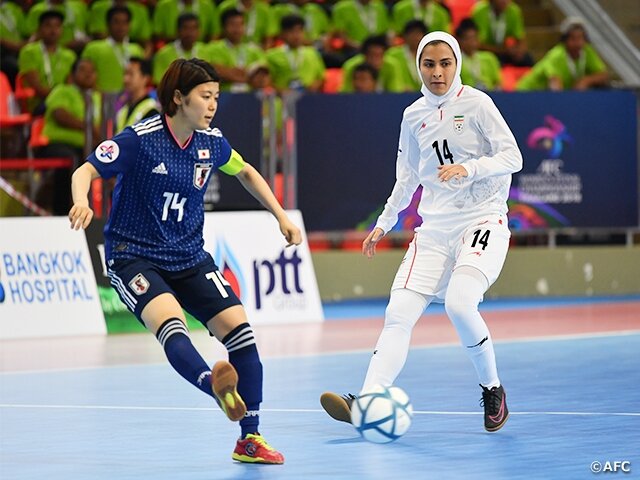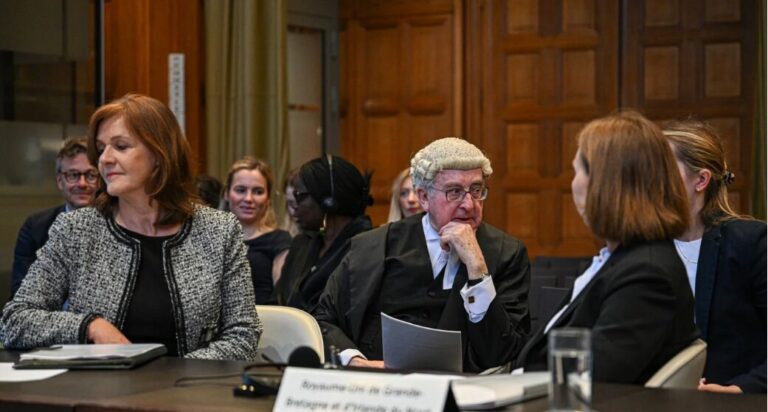Lebanon Declares Independence: No Israeli ‘Colony’ Under Washington’s Control!
In a significant development, the new Lebanese government has taken a controversial step by banning an Iranian airplane operated by Mahan Airlines from landing at Beirut airport. This decision has raised eyebrows, particularly since approximately 90% of the passengers on that flight were Lebanese citizens. The primary keyword here is “Lebanese government,” which has aligned itself closely with the directives from Washington.
According to reports, Prime Minister Nawaf Salam issued a direct order to Fayez Rasamni, the Minister of Public Works and Transport, to impose a temporary ban on any Iranian aircraft entering Lebanese airspace. This ban is set to remain in place until a thorough examination of the issue takes place on Monday.
Sources from the Tehran Times indicate that both official and private Iranian airlines might face a permanent ban from operating flights to Lebanon. This stern action appears to stem from allegations made by the Israeli army, which has accused Hezbollah and Iran of utilizing Beirut airport for illicit activities, such as smuggling funds. As a result, they have insisted on banning Iranian flights, threatening military action if their demands are not met.
The implications of this ban are profound, as it suggests a shift in Lebanon’s political landscape. While the new government is focused on drafting its ministerial statement, the current atmosphere surrounding its formation is likely to influence its future actions.
- This decision aims to garner approval from the United States, often referred to as the “mother of political terrorism” worldwide.
- It coincides with threats from the U.S. to impose sanctions on Lebanese figures and entities associated with Hezbollah.
- Washington is attempting to encircle the Lebanese Shiites through military, economic, and social means.
Despite these external pressures, Hezbollah remains resilient. The U.S. and Israel have struggled to undermine the group’s influence, especially following the election of Joseph Aoun as president, which has allowed Hezbollah to maintain its presence in the cabinet.
The ongoing situation is further complicated by the U.S. and Israeli attempts to incite sectarian tensions as they seek to legitimize their continued occupation of certain Lebanese territories. This coincides with the Shiite community’s efforts to rebuild after the extensive destruction caused by U.S.-led Israeli attacks and the negligence of various pro-American governments.
The actions taken by the new Lebanese government reflect an ongoing struggle against what many perceive as an open war on the Lebanese Shiites, who have long resisted imperialist agendas. The U.S. has also been capitalizing on the instability in the region following the downfall of Bashar al-Assad’s government in Syria, directing the Al-Julani government to pursue an anti-Hezbollah agenda.
Al-Julani has made public commitments to obstruct Hezbollah’s operations, particularly concerning the alleged transit of funds and weapons through Syrian territory. Additionally, Hayat Tahrir al-Sham has implemented measures to tighten border security with Iraq and Lebanon.
As Washington continues to exert pressure, it has become increasingly evident that one of its primary objectives is to coerce Salam’s government into implementing policies that would effectively prevent any financial support from reaching Hezbollah, particularly from Iran or Iraq. This strategy aims to restrict Hezbollah’s ability to receive assistance and maintain its influence in Lebanon.
Moreover, the U.S. is pushing for Salam’s administration to take full responsibility for the reconstruction efforts following the recent attacks, thereby excluding Hezbollah from any involvement in rebuilding the devastated areas. This may also lead to a decision to shut down Hezbollah’s Al-Qard Al-Hassan banking institution, a critical resource for aiding reconstruction and providing support to affected families.
Despite the mounting pressures, Hezbollah has shown remarkable restraint, aiming to uphold internal peace and security within Lebanon. It is imperative for President Aoun and Prime Minister Salam to take accountability for the current situation and to prevent any escalation towards conflict.
In summary, the priority must be the safeguarding of Lebanon’s civil peace, especially against the backdrop of U.S. and Zionist ambitions. The people of Lebanon, particularly the Shiite community, are determined to resist any attempts to turn their country into an Israeli colony, regardless of the sacrifices required.
